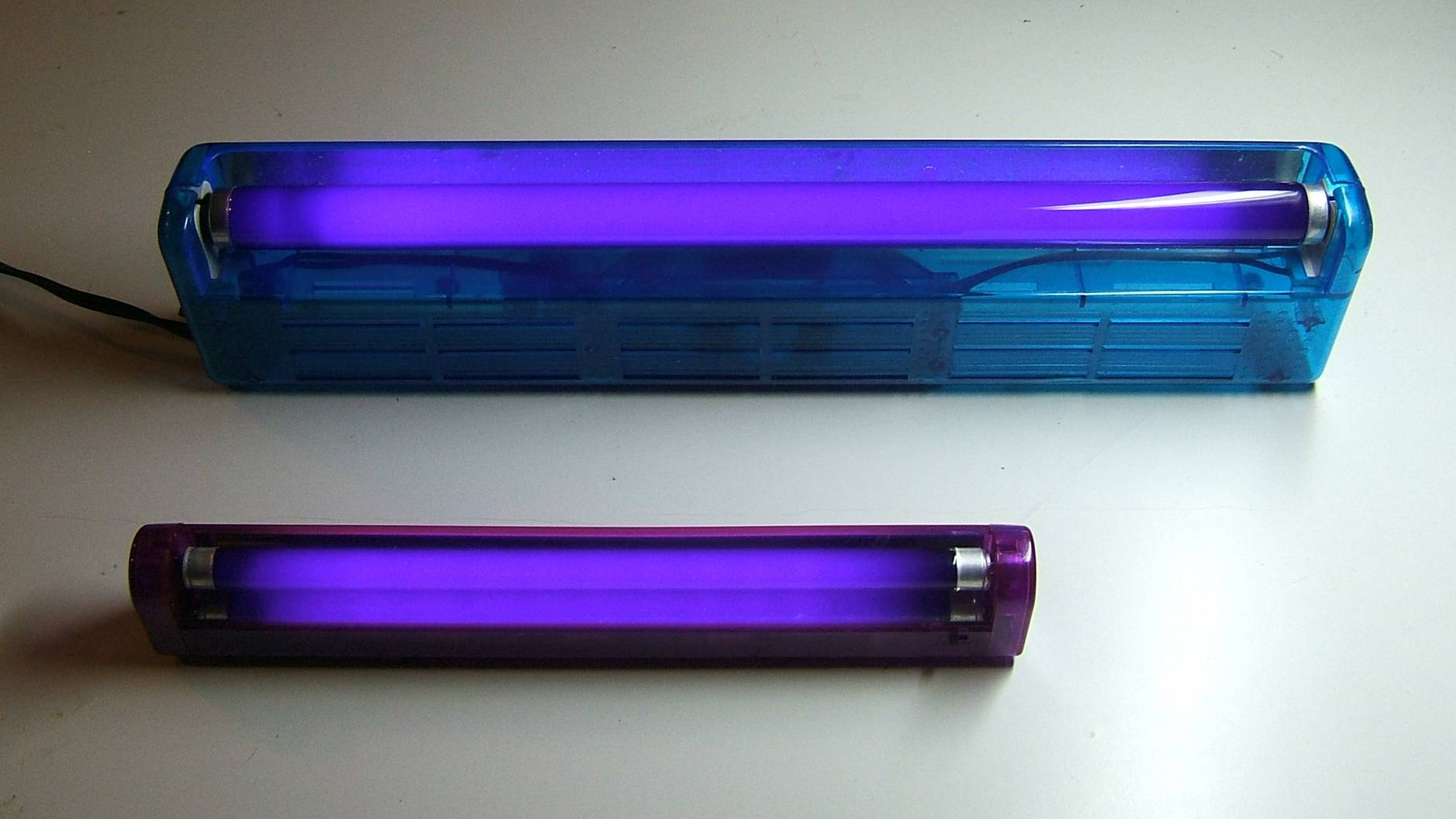
Specialists from the Institute of Functional Interfaces (IFG) at the Karlsruhe Institute of Technology (Germany) have developed a simple method to extract weakly magnetic phosphor particles containing rare earth metals from waste fluorescent lamps, according to the news department of the Chemical Society American (ACS). ) reported on February 29.
Facilities that recycle end-of-life fluorescent lamps currently only sort through glass and mercury, but they also contain rare earth metals that can be recovered for reuse.
However, this is not easy to do with existing methods. IFG researchers have found a simpler way. The team presented the results of their research on the new method in the article “Development of a magnetic field-driven chromatography process for the efficient and selective fractionation of rare earth phosphors from waste fluorescent lamps,” published in the journal ACS Sustainable Chemistry & Engineering.
Modern manufacturing, including electric vehicles and microchips, uses rare earth elements due to their unique magnetic, electrical, and optical characteristics. However, only a few countries retain intact deposits of these metals.
Industrial recovery of rare earth metals from obsolete and broken devices is challenging because these metals are embedded in several components and are present only in small quantities. For example, in discarded fluorescent lamps, phosphors containing a mixture of rare earth elements that determine the color of the light are contained in a thin layer of glass inside the lamp.
A team of German IFG researchers, led by Laura Kuger and Matthias Franzreb, decided to develop a low-tech method to easily extract these phosphors, taking advantage of the weak magnetic properties of the elements.
The researchers used a coil of wire to apply an external magnetic field to a glass chromatography column (designed to separate mixtures) filled with stacked stainless steel mesh discs. They then prepared a demonstration sample and ran it through a column to see if the resulting device could capture phosphors.
First, they received three different weakly magnetic rare earth phosphors as samples from the lamp manufacturer. They then imitated parts of old fluorescent lamps by mixing phosphor particles in a liquid solution with nonmagnetic silicon oxide and highly magnetic iron oxide nanoparticles, which are the glass and metal components of the light bulbs.
Then, as the liquid was introduced and passed through the chromatography column, the phosphorus and iron oxide nanoparticles adhered to the magnetized stainless steel mesh, while water and silica particles flowed through the other. extreme.
To remove phosphors from the column, the researchers slowly reduced the strength of the external magnetic field while washing the column with liquid. Then, when the magnetic field was turned off, highly magnetic iron oxide nanoparticles were released from the column.
The researchers were convinced that with this method they could recover 93% of the rare earth phosphors from a mixture that simulated the components of a lamp. While more work is needed to isolate the individual rare earth elements from the phosphors and expand the industrial recycling method, the team is confident that their approach is a step toward a practical way to use old lamps for new technologies.
Source: Rossa Primavera
I am Michael Melvin, an experienced news writer with a passion for uncovering stories and bringing them to the public. I have been working in the news industry for over five years now, and my work has been published on multiple websites. As an author at 24 News Reporters, I cover world section of current events stories that are both informative and captivating to read.
